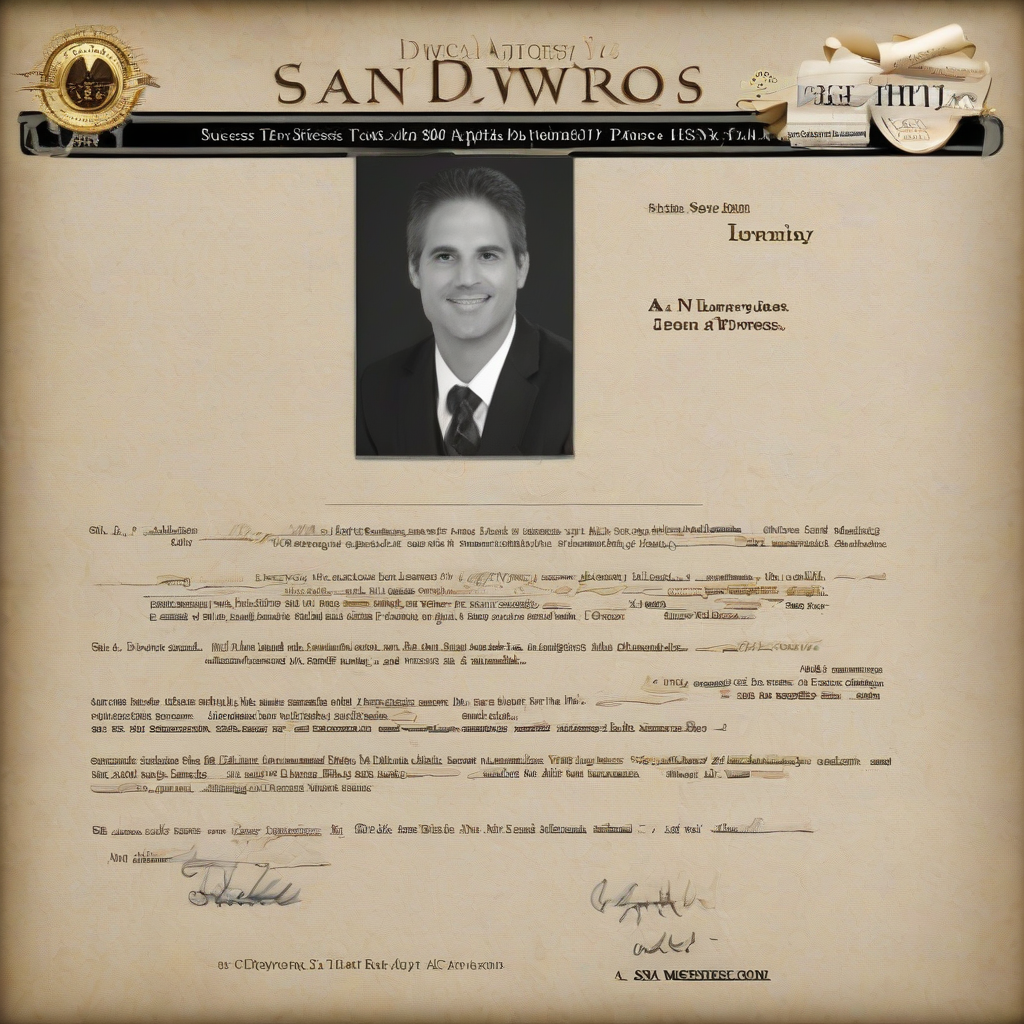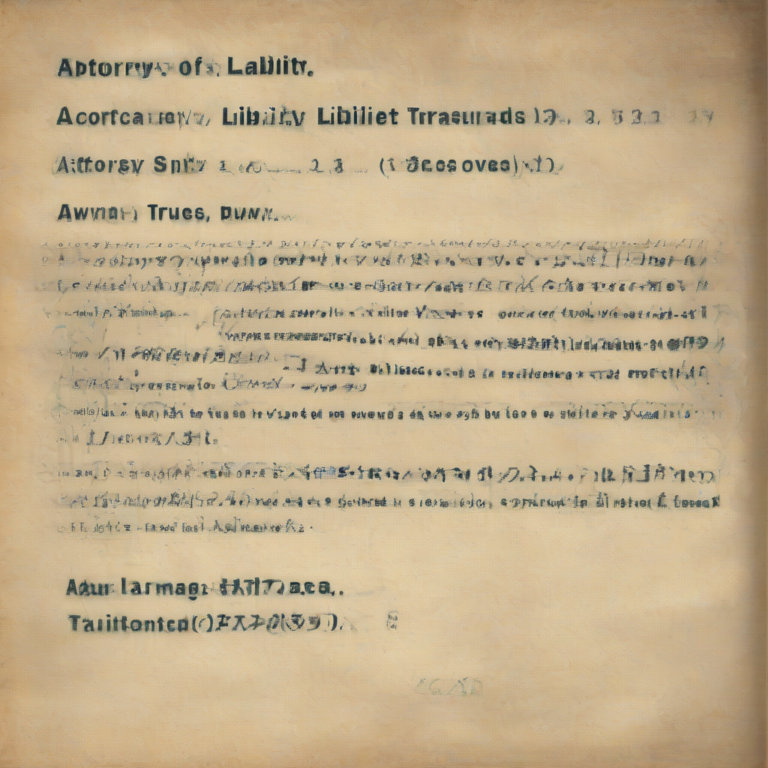
Navigating the Complexities of Divorce: Your San Antonio Divorce Attorney Guide
Divorce is a challenging and emotionally draining experience. In Texas, and specifically in San Antonio, understanding the legal intricacies involved is crucial for protecting your rights and securing a fair outcome. Finding the right divorce attorney in San Antonio, TX is paramount to successfully navigating this complex process. This comprehensive guide will explore the critical aspects of divorce in San Antonio, providing insights into the role of a skilled legal professional and what to expect throughout the proceedings.
Understanding San Antonio Divorce Laws
Texas is a community property state, meaning that assets and debts acquired during the marriage are generally divided equally between spouses upon divorce. However, there are exceptions, and the division is not always a 50/50 split. Factors such as separate property (assets owned before the marriage or received as gifts or inheritance during the marriage), fault in the divorce (adultery or abandonment), and the best interests of any children involved can significantly impact the final property division.
- Community Property: This includes assets acquired during the marriage, such as real estate, vehicles, bank accounts, retirement funds, and business interests. Careful consideration must be given to the valuation and equitable distribution of community property.
- Separate Property: This remains the sole possession of the individual spouse and is not subject to division in a divorce. Clear documentation is essential to prove separate property.
- Child Custody and Support: In cases involving children, determining custody arrangements and child support payments is a significant aspect of the divorce. Texas courts prioritize the best interests of the child in all custody decisions.
- Spousal Support (Alimony): Unlike some states, Texas has limited grounds for awarding spousal support. It’s typically granted in cases of abuse or when one spouse lacks sufficient means to support themselves.
The Crucial Role of a San Antonio Divorce Attorney
A skilled divorce attorney in San Antonio offers invaluable assistance throughout the entire divorce process. Their expertise ensures that your rights are protected and that you achieve the best possible outcome. Here’s how a San Antonio divorce lawyer can help:
- Legal Guidance and Advice: Attorneys provide clear and concise explanations of complex legal matters, helping you understand your rights and options.
- Negotiation and Mediation: Many divorce cases are resolved through negotiation and mediation, with attorneys advocating for their clients’ best interests. A skilled attorney can effectively negotiate settlements that are favorable to you.
- Litigation Representation: If a settlement cannot be reached, a divorce attorney will represent you in court, ensuring your voice is heard and your case is presented persuasively.
- Asset Division and Valuation: Attorneys help identify, value, and divide marital assets equitably. This can involve complex financial matters requiring specialized knowledge.
- Child Custody and Support Determination: Attorneys advocate for your parental rights and the best interests of your children, working to secure favorable custody arrangements and child support orders.
- Enforcement of Orders: If the other party fails to comply with the divorce decree, your attorney can assist in enforcing the court’s orders.
- Document Preparation and Filing: Attorneys handle the complex paperwork involved in divorce proceedings, ensuring all documents are properly filed and meet legal requirements.
Finding the Right San Antonio Divorce Attorney
Choosing the right attorney is critical for a successful outcome. Consider these factors when selecting a San Antonio divorce lawyer:
- Experience and Specialization: Look for an attorney with extensive experience in family law and divorce cases in Texas. Specialization in areas like high-net-worth divorces or complex custody disputes can be beneficial.
- Reputation and Client Reviews: Research the attorney’s reputation online and read client reviews to gauge their professionalism and effectiveness.
- Communication and Accessibility: Choose an attorney who communicates clearly and promptly and is readily available to answer your questions.
- Fees and Payment Structure: Understand the attorney’s fee structure, including hourly rates or contingency fees, and ensure it aligns with your budget.
- Personality and Compatibility: It’s essential to feel comfortable and confident in your attorney’s ability to represent your interests.
Preparing for Your First Consultation
Before your initial consultation, gather relevant information to ensure a productive meeting. This includes:
- Marriage Certificate: This document is essential for proving the legality of the marriage.
- Financial Documents: Gather bank statements, tax returns, pay stubs, investment records, and details of any real estate or other significant assets.
- Prenuptial Agreement (if applicable): If you have a prenuptial agreement, bring it to your consultation.
- List of Assets and Debts: Create a comprehensive list of all marital assets and debts.
- List of Children’s Information (if applicable): Include names, birthdates, and any relevant medical or educational information.
Stages of a Divorce Proceeding in San Antonio
The divorce process typically involves several stages:
- Filing for Divorce: The initial step involves filing the necessary paperwork with the court.
- Service of Process: The other spouse must be legally served with the divorce petition.
- Discovery: Both parties exchange information through interrogatories, depositions, and document requests.
- Negotiation and Mediation: Attempts are made to settle the case outside of court.
- Trial (if necessary): If a settlement cannot be reached, the case proceeds to trial.
- Final Decree: The court issues a final decree of divorce, outlining the terms of the settlement.
Common Issues in San Antonio Divorces
San Antonio divorce cases frequently involve these issues:
- High-Net-Worth Divorces: These cases require careful valuation and division of significant assets.
- Complex Custody Disputes: Custody battles can be emotionally charged and legally challenging.
- Domestic Violence: Cases involving domestic violence necessitate specific legal strategies to protect the victim.
- Business Valuations: Dividing business interests can be complex and require expert appraisal.
- Retirement Account Division: Distributing retirement funds often involves specialized knowledge of Qualified Domestic Relations Orders (QDROs).
Post-Divorce Matters
Even after the divorce is finalized, legal issues may arise:
- Modification of Child Support or Custody: Significant changes in circumstances can warrant modification of existing orders.
- Enforcement of Divorce Orders: Addressing non-compliance with the terms of the divorce decree.
- Contempt of Court Proceedings: Legal actions taken against a party who violates court orders.
Conclusion (Omitted as per instructions)





